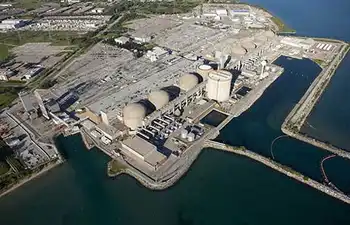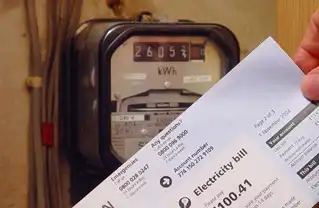Toronto Hydro criticized over blackout
By CBC News
Arc Flash Training CSA Z462 - Electrical Safety Essentials
Our customized live online or in‑person group training can be delivered to your staff at your location.

- Live Online
- 6 hours Instructor-led
- Group Training Available
"We're going to always get rain, we're always going to get snow, we're going to get winds," said Lawrence Solomon, executive director of the group Energy Probe. "It's the utility's responsibility to look after it."
Toronto Hydro blames the 13-hour electrical outage on equipment failure at a downtown transformer at John and Wellington streets. But Solomon said the power company needs to protect its equipment — something it would do better if it had to compensate customers for outages, as is the case in Britain.
"Toronto Hydro doesn't need to be accountable to its customers because it doesn't face any penalties if it provides customers with poor service," Solomon said.
Because of the British compensation rules, blackouts seldom occur in London, he said.
Power outages in Toronto, by contrast, are becoming almost commonplace.
In July, more than 200,000 customers lost power on one of the hottest days of the summer when a transformer caught fire. And much of the downtown was left without electricity one day in June when an underground cable failed.
Much of the equipment making up the Toronto grid is more than a half-century old and close to the end of its useful life. Unless those aging parts are replaced, power outages will be more frequent, said University of Toronto engineering professor Reza Iravani.
"As the components get older and older, the possibility of failure of each component is going to increase," Iravani said.
Toronto Hydro said it continues to investigate the exact cause of the blackout. The company also said it's looking at long-term solutions to ensure the lights don't go out as often.











